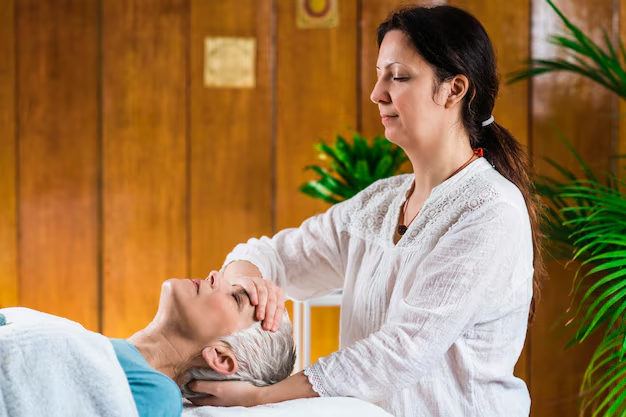How to Become a Craniosacral Therapist: Essential Degrees and Certifications
Embarking on a career as a craniosacral therapist involves thorough education and formal training to ensure proficiency in this specialized form of therapy. While there is no universal requirement for a specific degree, pursuing a foundational degree in health sciences or a related field, such as physical therapy or massage therapy, provides a strong base of knowledge. Complementing this with specialized training in craniosacral therapy is essential. Courses conducted by institutions that are members of the Craniosacral Therapy Association or the Upledger Institute are highly recommended, as they provide comprehensive and accredited programs that are widely recognized in the industry. Moreover, obtaining certification through a recognized body, such as the International Association of Healthcare Practitioners, not only validates your skills but also boosts your credibility and marketability to potential clients.
In addition to acquiring the necessary education and certifications, aspiring craniosacral therapists should consider the varying licensing requirements by state or country. Some regions may require you to hold a license in a healthcare field, such as physical therapy, osteopathy, or massage therapy, before practicing craniosacral therapy. This underscores the importance of thorough research and commitment to continuous professional development in the health and wellness sectors. By prioritizing education and training, you set the cornerstone for a successful career in craniosacral therapy, enhancing your ability to help clients achieve better health outcomes through skilled and compassionate care.
Recommended Education and Certification Pathways
- 🎓 Health Sciences Degree (Physical Therapy, Massage Therapy, etc.)
- 📜 Craniosacral Therapy Training (from accredited institutions like Upledger Institute)
- ✅ Certification by the International Association of Healthcare Practitioners
- 🔍 Check State/Country Licensing Requirements (may need a healthcare field license)
Following these pathways not only equips you with the skills needed to practice effectively but also positions you as a reputable professional in the field of craniosacral therapy.
